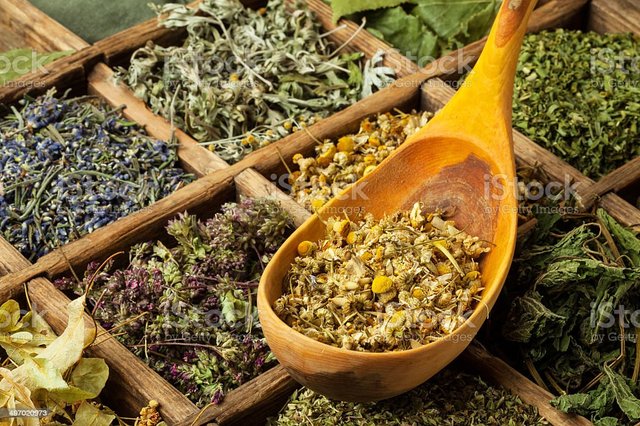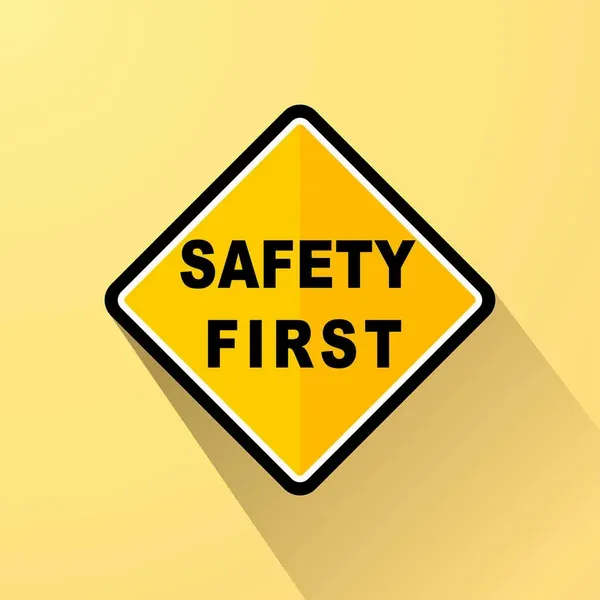Foraging for Food and for Fun
Foraging for Food and for Fun

Before you begin foraging, it's essential to have the right supplies. A good pair of walking shoes, a hat, sunscreen, and a basket or bag to collect your finds are essential. A field guide or an app that can help you identify the plants you find is also a good idea. Some popular guidebooks include "Edible Wild Plants" by John Kallas and "Wild Edibles" by Sergei Boutenko.
Safety First

Safety precautions are also essential when foraging. Always be aware of where you are collecting and make sure you have permission to forage on private land. It's also important to be aware of any regulations or laws that may prohibit foraging in certain areas. It's vital to correctly identify the plants you find and make sure they are safe to eat. It's also important to avoid foraging in areas that have been sprayed with pesticides or near roads where plants may have been exposed to pollution.
Different climates offer different varieties of wild edibles. In temperate climates, such as the Northeast and Midwest of the United States, you can find wild berries like blackberries, raspberries, and elderberries, as well as wild mushrooms, dandelion greens, and more. In the Southwest, you can find prickly pear cactus, mesquite beans, and yucca fruit. In coastal regions, you can find sea vegetables, such as dulse and kelp, and shellfish like clams and mussels.
Foraging for food is a great way to reduce your environmental impact by reducing your reliance on grocery stores and commercial agriculture. It's also a fun way to explore the outdoors and discover new flavors. With the right knowledge and approach, anyone can start foraging and enjoy the many benefits it has to offer. Remember, always be safe and respectful of the environment when foraging, and always make sure to correctly identify the plants and animals before consuming them.
Foraging can also be a great way to reduce your environmental impact by reducing your reliance on grocery stores and commercial agriculture. Additionally, foraging can be a great way to save money on food and enjoy a more sustainable lifestyle.
Overall, foraging for food is a fun and rewarding activity that can help you connect with nature, find fresh, organic food, and reduce your environmental impact. With the right knowledge and approach, anyone can start foraging and enjoy the many benefits it has to offer.
- The Flame of Liberty Passing the Torch from Encryption to Cryptocurrencies
- How to be Happy and Achieve Success Through Perception
- The Genesis of Genesis How it all began
- Airport Jedi: Getting through airport security like a VIP
- What I'm Drinking Now
- 1000 Scientists Declare Man Man Climate Change a Fraud
- Israel's Top Secret Revealed